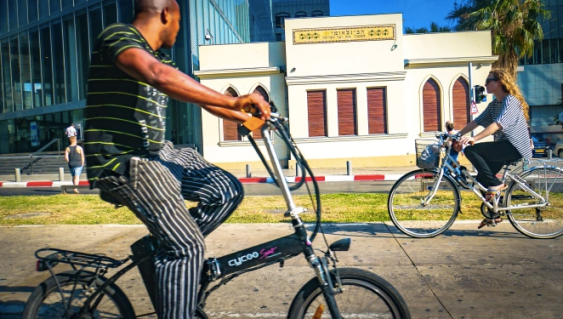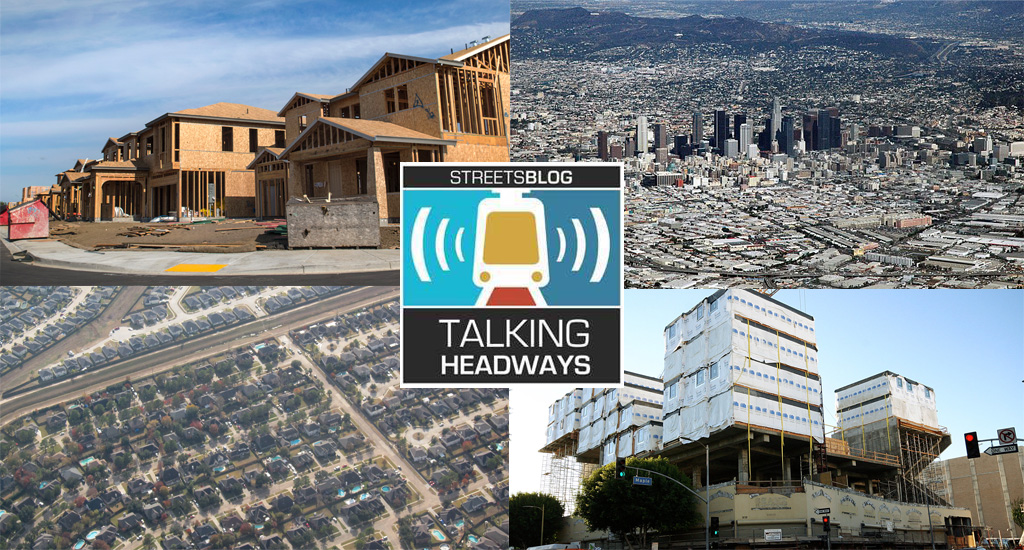The Texas Transportation Institute yesterday released its urban mobility report, its annual ranking of the nation's cities based on their relative highway congestion. Topping this year's list were Chicago and D.C.
Let's imagine for a second all the ways we might measure a concept as broad as urban mobility. Maybe calculate the average speed of buses. Or factor in the percentage of people who can walk to their local grocery store.
But rather than delve into the complexity of urban transport, TTI boils mobility down to a single measure: the speed of traffic on a given city's highways. Newspapers all over the country today will be carrying stories about their city's relative congestion rate and all the stories will be based on this narrow measurement.
David Alpert at Network blog Greater Greater Washington explains that even when it comes to measuring just car commuting, TTI continues to get it wrong:
Consider two hypothetical cities. In Denseopolis, people live within 2 miles of work on average, but the roads are fairly clogged and drivers can only go about 20 miles per hour. However, it only takes an average of 6 minutes to get to work, which isn't bad.
On the other hand, in Sprawlville, people live about 30 miles from work on average, but there are lots and lots of fast-moving freeways, so people can drive 60 mph. That means it takes 30 minutes to get to work.
Which city is more congested? By TTI's methods, it's Denseopolis. But it's the people of Sprawlville who spend more time commuting, and thus have less time to be with their families and for recreation.
It's disappointing to see that TTI is still relying on this outdated formula, even after last year's CEOs for Cities report drew attention its underlying weaknesses. The most regrettable thing about TTI's rankings is that they will be used to justify highway projects around the country, which will actually cause people to spend more time driving as a result of the accompanying auto-sprawl. As James Corless of Transportation for America notes, there are much more effective approaches to pursue.
Elsewhere on the Network today: Sharable Cities comments on the state of the modern American commons. The Naked City pauses to consider the polluting power of parking lots. And the Cascade Bicycle Club releases details on a proposed vulnerable users bill that's made its way into the Washington statehouse.





